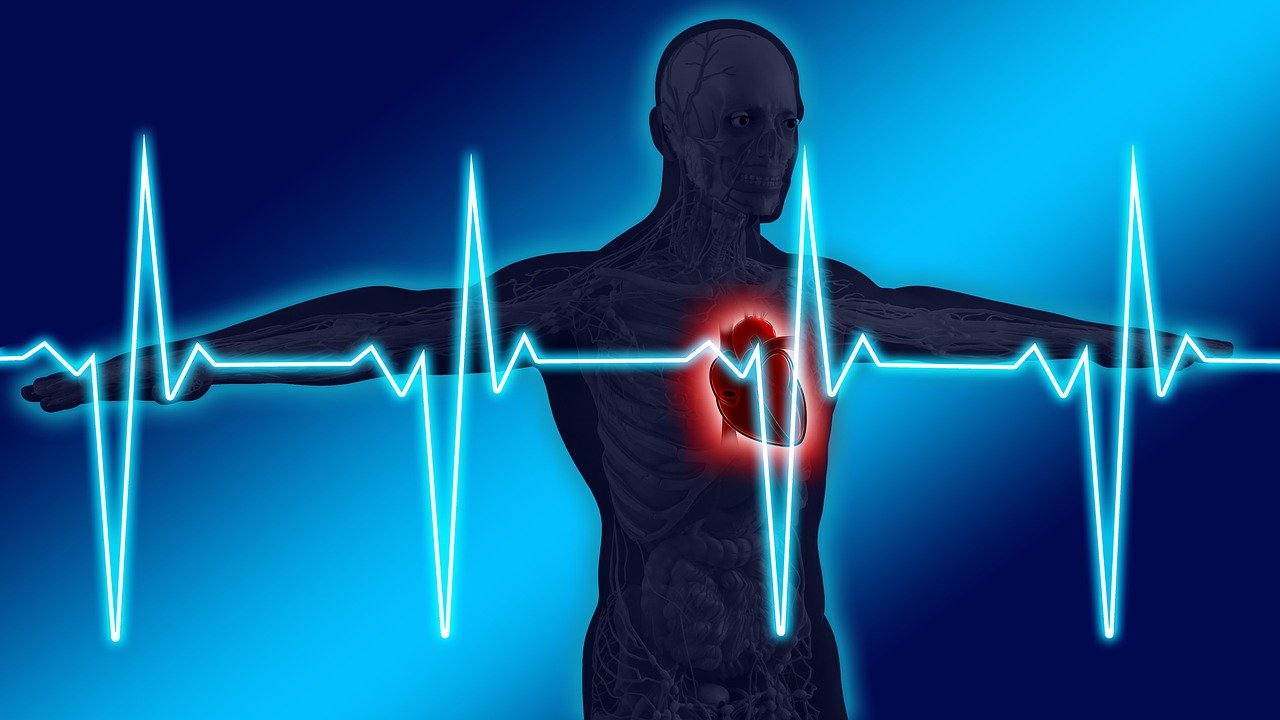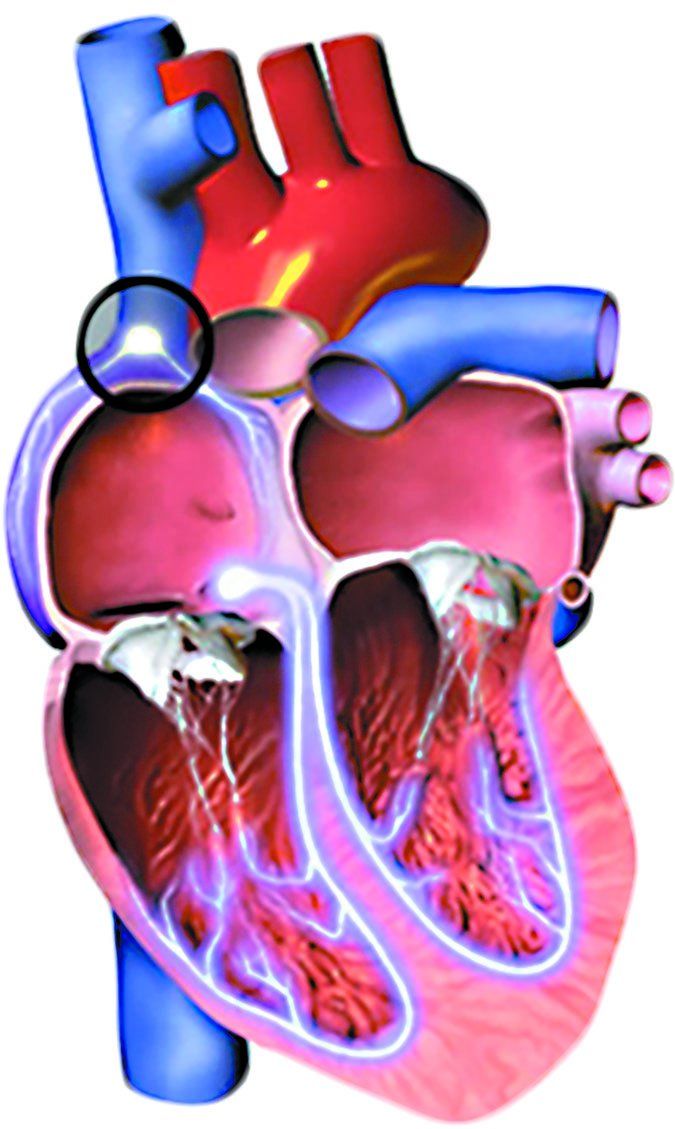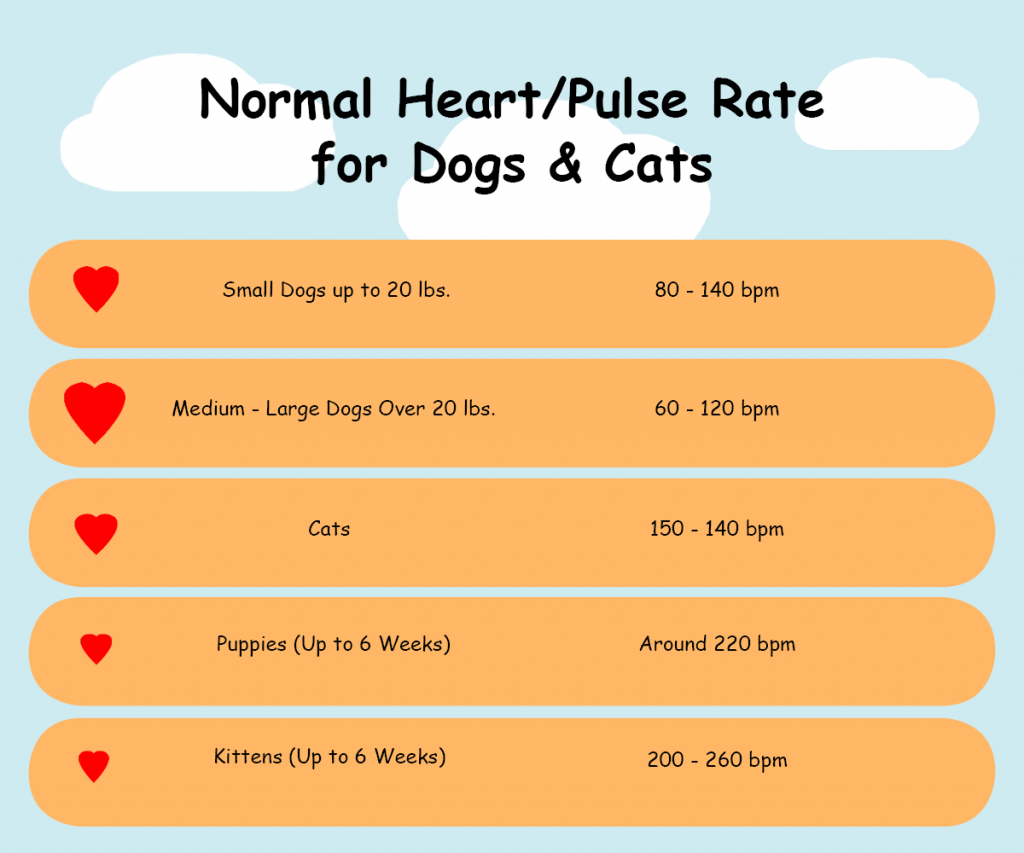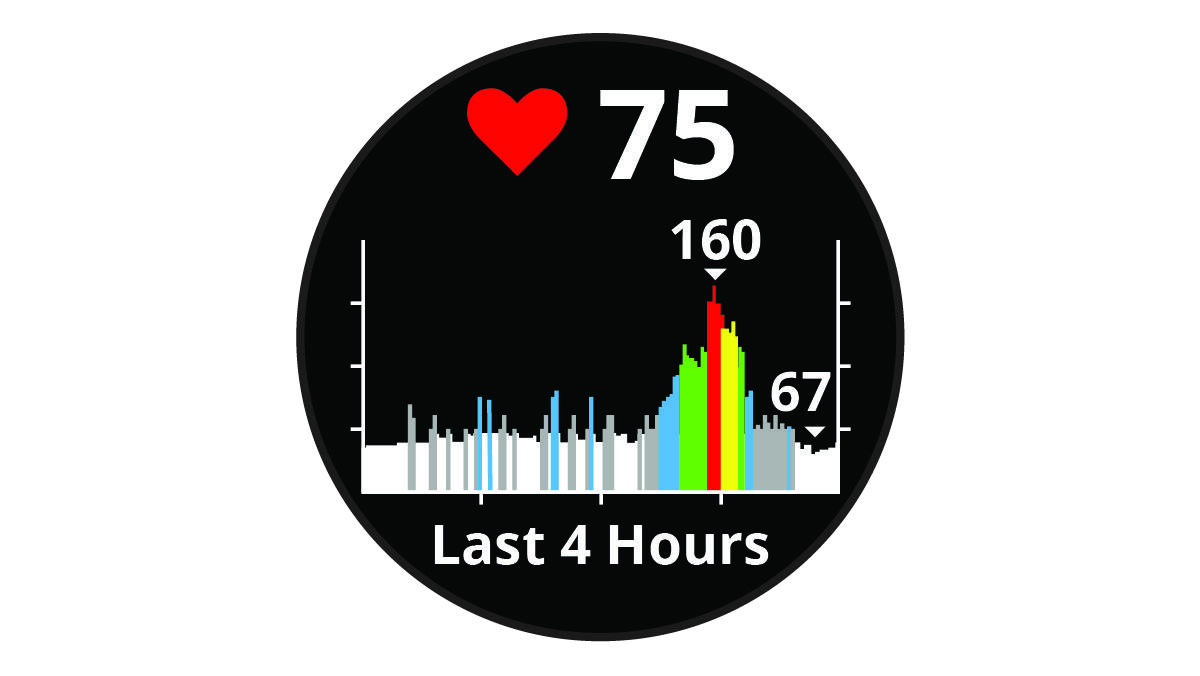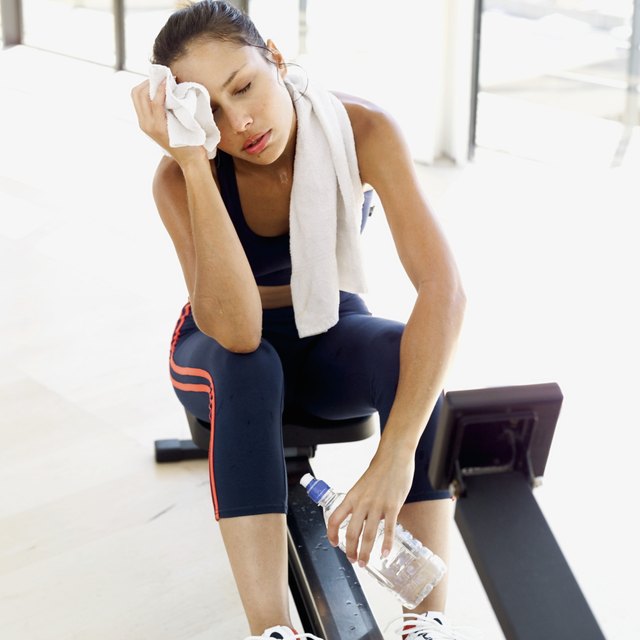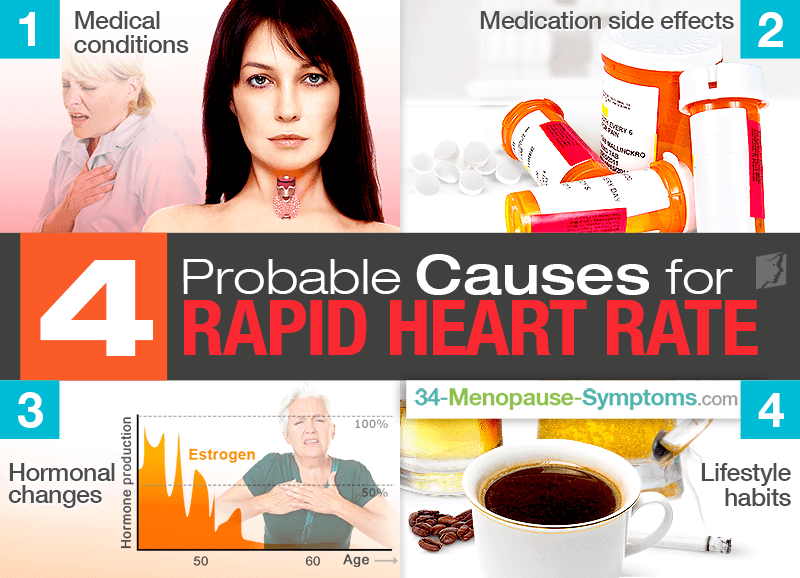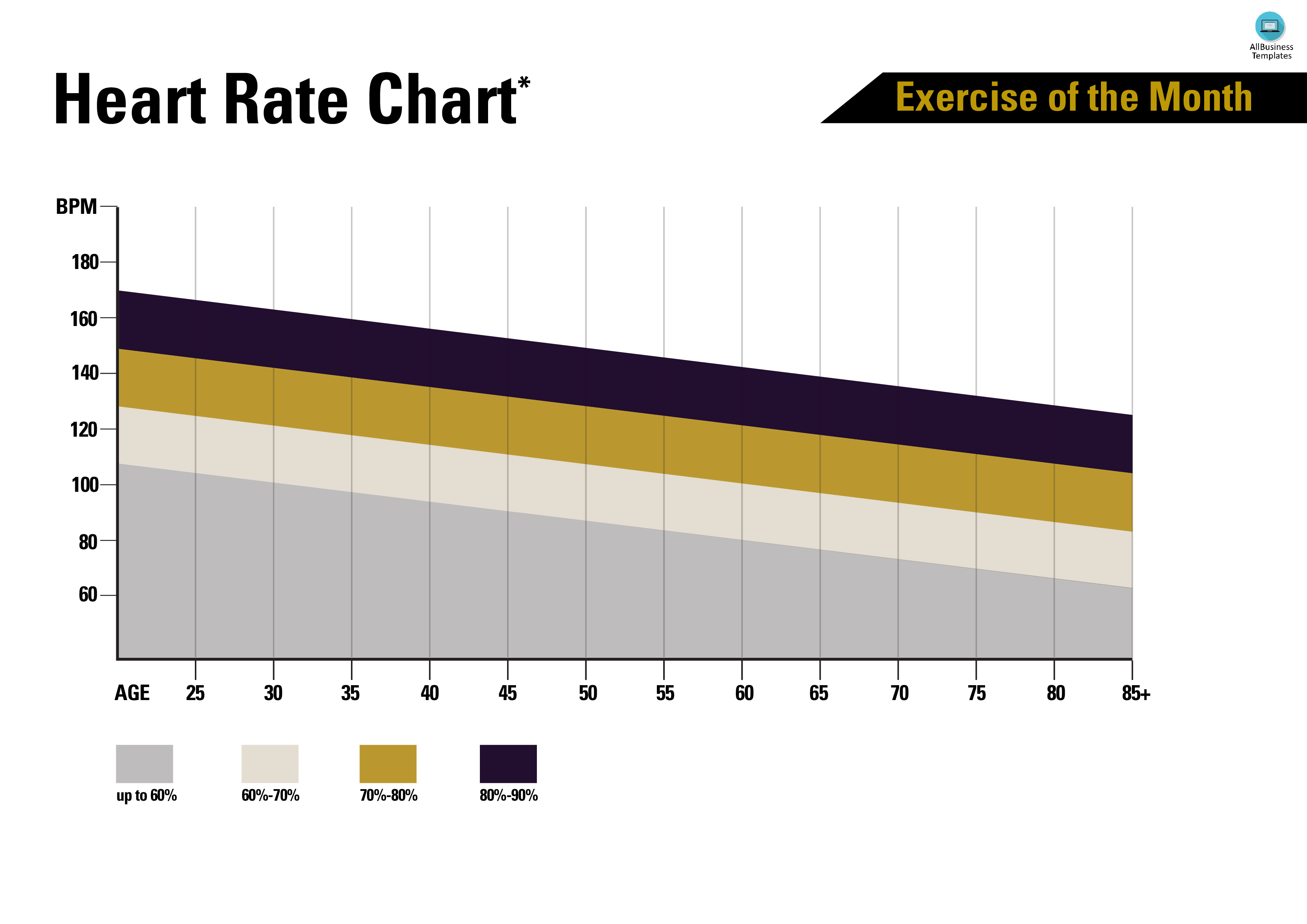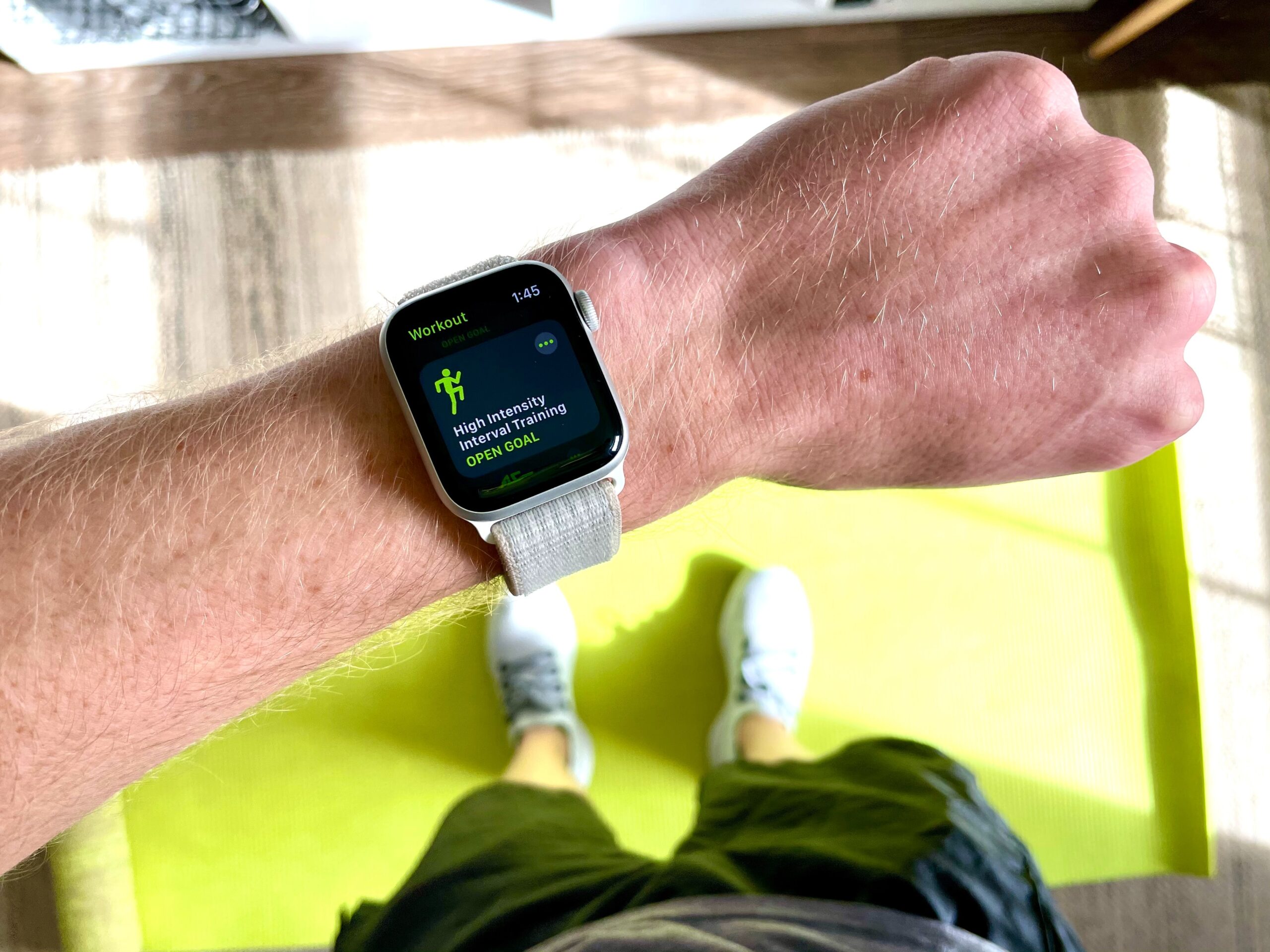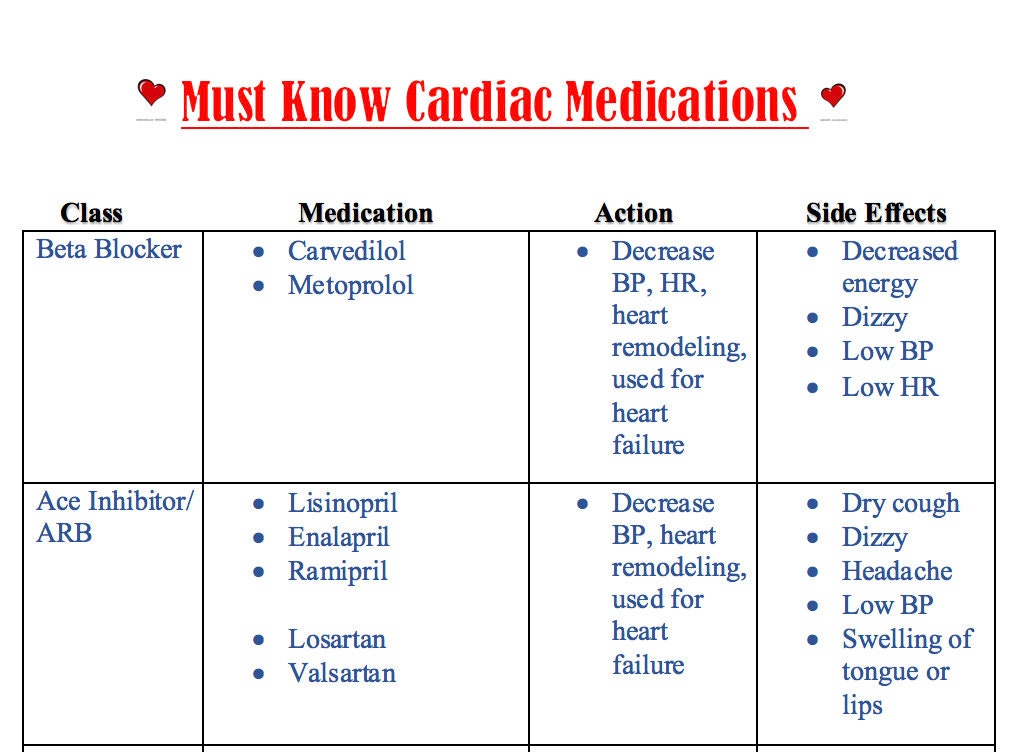Awe-Inspiring Examples Of Tips About How To Treat Fast Heart Rate

How to take your pulse and what heart rate is best for you.
How to treat fast heart rate. Sinus tachycardia during exercise or stress is normal and doesn't need treatment. If symptoms are very infrequent, an event recorder may be implanted under the skin in the chest area. Jogging, bicycling, or swimming are all good examples of exercises that are thought of as tachycardia remedies.
Cardiac ablation, also called catheter ablation, is a minimally invasive procedure to treat heart rhythm problems or irregular heartbeats (which are medically. If your heart rate is too high or too low, this can lead to a drop in your blood pressure, which can in turn lead to passing out, says dr. Depending on the cause and severity, it can be a relatively harmless condition or a potentially serious medical issue.
This is a range based on a percentage of your max heart rate. This causes your heart to suddenly.
Stress can trigger or worsen heart palpitations. Look at your palm and place two fingers on the side of your wrist closest to your thumb to feel your radial artery. When you have tachycardia, your heart beats faster than normal for a few seconds to a few hours.
A lower resting heart rate is usually better. Tachyarrhythmia involves a racing heart rate. When you have heart palpitations, your heartbeat feels uncomfortable or unusual.
To find your heart rate manually: The treatment for abnormal tachycardia depends on. However, people with frequent or severe symptoms may need.
For example, the heart may beat faster with exercise. Causes of supraventricular tachycardia (svt) svt happens when the electrical system that controls your heart rhythm is not working properly. Atrial tachycardia is a type of arrhythmia — an irregular heart rhythm — that causes the upper chambers (atria) of your heart to beat faster than normal.
When to seek emergency care. What is tachycardia? 10 home remedies for fast heartbeat 1.
Signs of rapid heart rate rapid heart rate can. Hold your breath for a count of four. This portable device is worn for a day or more to record the heart's rate and rhythm during daily activities.
Everyone’s heart rate is different and can change over time. Normally, your heart rate is 60 to 100. You may feel it in your chest, neck or throat.
